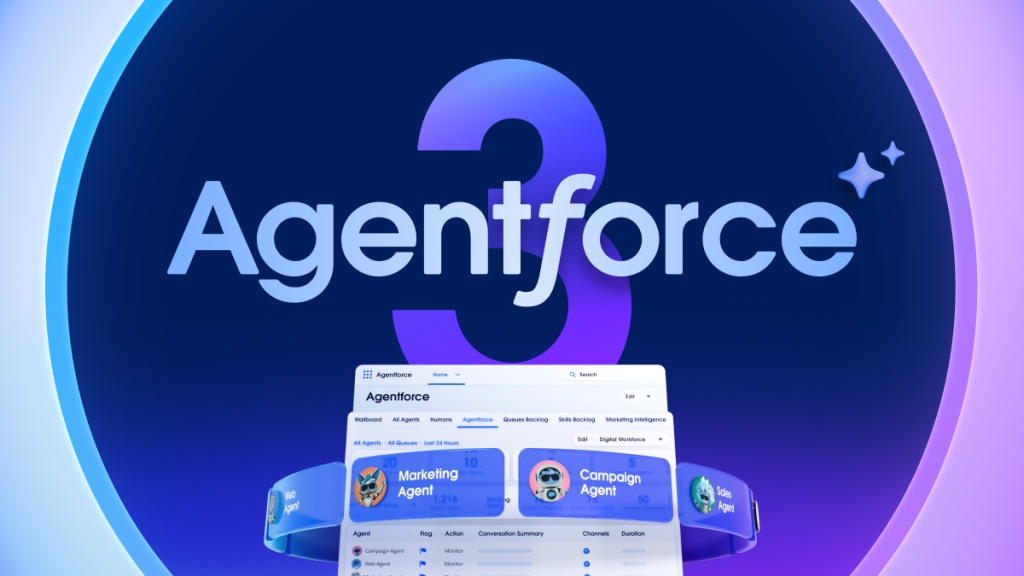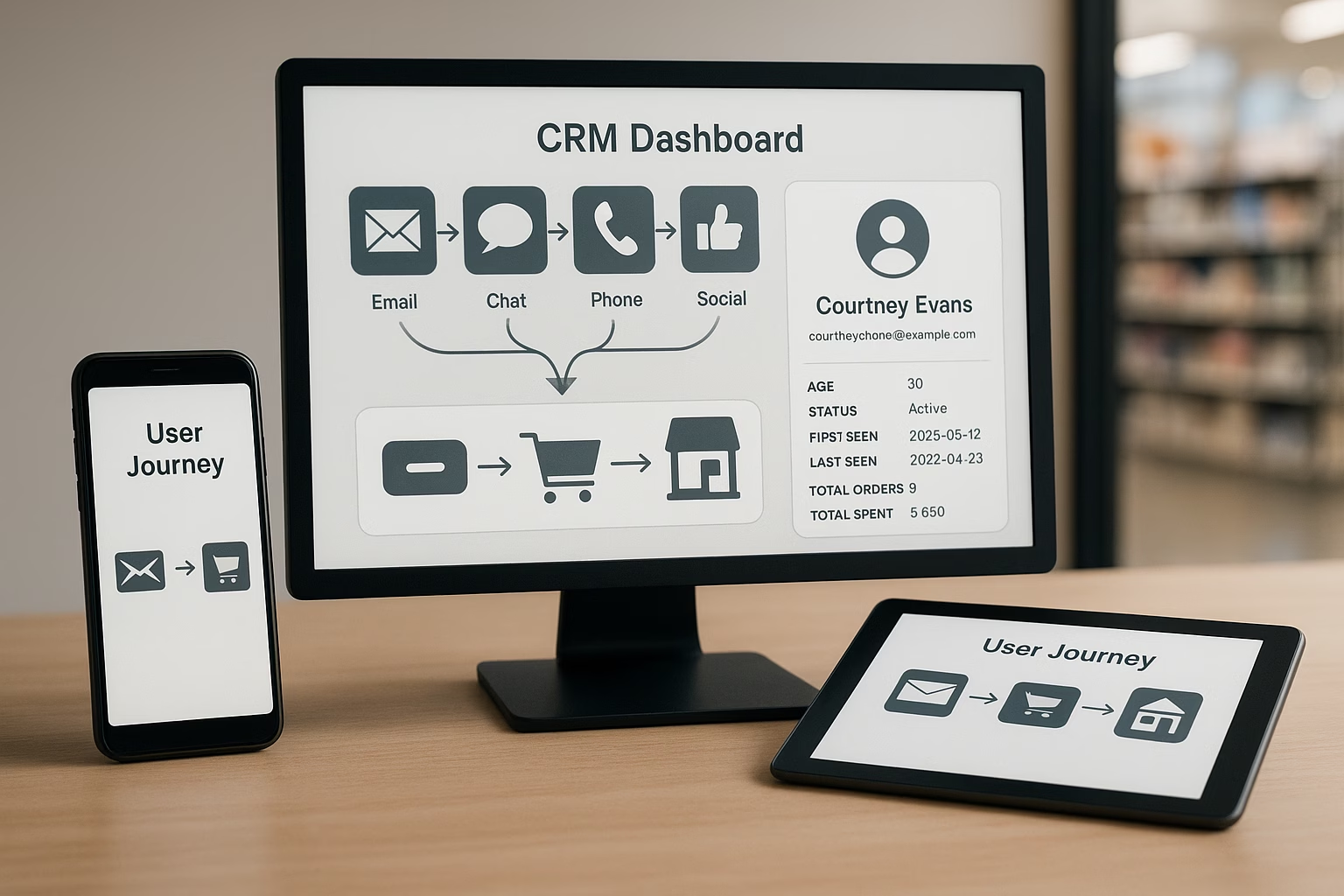By Martin H. Morrissette, Sirocco CMO – Book time with me
Your organisation generates and relies on vast amounts of data to drive decision-making, enhance operations, and maintain a competitive edge. However, the sheer volume of data, coupled with its increasing complexity, often makes it challenging to manage effectively. This is where data governance comes into play. Data governance involves the processes, policies, and standards that ensure your data is managed correctly, securely, and efficiently across the organisation. In this guide, we’ll explore the importance of data governance, the challenges it presents, its benefits, core principles, and how to implement a robust data governance framework within your organisation.
What is Data Governance?
Data governance is the backbone of any organisation that values its information. It’s the systematic approach to managing and protecting your data, ensuring it’s accurate, accessible, and compliant. Imagine your data as a valuable asset; data governance is the blueprint for maximising its potential. It’s about establishing clear rules and responsibilities for how data is collected, stored, used, and shared across your entire organisation. By implementing robust data governance, you create a foundation of trust and reliability, empowering your teams to make informed decisions based on accurate information.
Why is Data Governance important?
Poor data quality can lead to costly mistakes, missed opportunities, and damaged reputations. Data governance is your shield against these risks. By prioritising data governance, you ensure that your organisation operates efficiently, confidently makes data-driven decisions, and safeguards sensitive information. It’s about turning data from a chaotic jumble into a strategic asset that drives growth and innovation.
The challenges of Data Governance
Implementing data governance can present significant challenges for any organisation. The complexity of modern data environments, characterised by diverse data sources, formats, and systems, often hinders effective data management and standardisation. As organisations grow, so does the variety and volume of data they handle, making it increasingly difficult to maintain consistency and accuracy across all data assets.
Cultural resistance to change is (unfortunately) a common obstacle in data governance initiatives. Employees accustomed to established data handling practices may view new processes as disruptive or unnecessary. Overcoming this resistance requires careful planning, effective communication, and a clear demonstration of the benefits that strong data governance can bring to the organisation. Employee buy-in, transparency and engagement are key. Resource allocation is also often a critical challenge. Establishing and maintaining a data governance framework demands substantial investment in time, personnel, and technology. Smaller organisations, in particular, may struggle to allocate the necessary resources, making it difficult to implement and sustain comprehensive data governance practices. The dynamic regulatory landscape surrounding data protection and privacy adds to the complexity. Organisations must continually adapt their data governance practices to comply with evolving requirements such as GDPR, CCPA, and other regional regulations. Failure to stay compliant risks legal penalties and damages your organisation’s reputation. Lastly, data silos present a significant barrier to effective data governance. When data is isolated within different systems or departments, it becomes challenging to ensure accessibility and consistency across the organisation. Breaking down these silos is essential for a unified and effective approach to data governance, but can be complex and resource-intensive. If you don’t have the capacity or expertise in-house, a partner such as Sirocco Group can help you get your data and tech in order.
Addressing these challenges requires a systematic and strategic approach. By acknowledging and carefully considering these factors, your organisation can develop an effective data governance framework that maximises the value of your data assets while mitigating the risks and complexities associated with data management.
The benefits of Data Governance
Despite the above challenges, the advantages of effective data governance are significant for your organisation. Here are some key benefits you can expect:
Improved Decision-Making
Data governance ensures that your decision-makers have access to accurate, prompt, and consistent data, enabling them to make informed decisions. By standardising data definitions and ensuring data quality, you can avoid the pitfalls of relying on inaccurate or incomplete information.
Increased Efficiency
With a clear framework for managing data, your organisation can streamline processes, reduce redundancies, and avoid costly mistakes that arise from poor data management. Efficient data governance practices lead to smoother operations and faster response times.
Reduced Risk
Effective data governance mitigates risks associated with data breaches, non-compliance, and other data-related incidents. By enforcing strict security protocols and ensuring compliance with regulations, your organisation can protect itself from legal penalties, financial losses, and reputational damage.
Enhanced Data Quality
Data governance focuses on maintaining high data quality by establishing standards for data accuracy, completeness, and consistency. High-quality data is crucial for reliable analytics, reporting, and strategic planning within your organisation.
Improved Compliance
With regulations like GDPR, CCPA, and others, data governance ensures that your organisation remains compliant with legal requirements. This not only protects your organisation from fines but also builds trust with your customers and stakeholders by demonstrating a commitment to data privacy and security.
Data Governance principles
To maximise the potential of your organisation’s data, a robust foundation of data governance principles is essential. These principles provide a roadmap for effectively managing data, ensuring it is a valuable asset rather than a liability.
Data governance is a framework that ensures your organisation’s data is managed efficiently, consistently, and securely. It establishes a clear path to treating data as a valuable asset, rather than simply a collection of files. Implementing these principles leads to improved data quality, robust security, clear accountability, and ultimately, better decision-making across the board.
Core principles
The cornerstone of effective data governance lies in these fundamental principles:
- Accountability: Clearly defined roles and responsibilities for data management are essential. This ensures everyone understands who is accountable for specific datasets, promoting ownership, quality, security, and compliance.
- Transparency: Open and transparent data processes and policies foster trust and encourage responsible data utilisation.
- Integrity: Data accuracy and reliability are paramount. Regular audits and validations ensure data integrity through a focus on accuracy, completeness, and consistency.
- Compliance: Adherence to legal and regulatory requirements such as GDPR and CCPA is crucial for protecting data privacy.
- Stewardship: Responsible management of data assets is critical. Data stewards, typically appointed within business units, implement data governance policies and ensure data is used appropriately.
Beyond the basics
To achieve comprehensive data governance, these additional principles are crucial:
- Consistency: Maintaining uniformity across data formats and definitions throughout the organisation paves the way for seamless data analysis and collaboration.
- Availability: Ensuring data is accessible when required by authorised users enables timely decision-making and avoids bottlenecks.
- Security: Protecting data from unauthorised access, breaches, and other threats is a top priority. Robust security measures safeguard sensitive information and build trust.
A broader perspective
To maximise the value of your data even further, consider these broader principles:
- Data Literacy: Empowering employees to understand and utilise data effectively fosters a data-driven culture and unlocks the full potential of data insights.
- Metadata Management: Creating and maintaining accurate information about data facilitates easy discovery, understanding, and utilisation of data assets.
- Data Ownership: Assigning responsibility for data management to specific individuals or teams fosters accountability and ensures clear ownership throughout the data lifecycle.
- Data Retention: Establishing policies for data storage and deletion ensures compliance with regulations and avoids unnecessary data accumulation.
By embracing these principles, your team can establish a solid foundation for your data governance, driving improved decision-making, innovation, and overall success.
How to best implement Data Governance
As mentioned earlier, implementing data governance is a strategic journey that requires careful planning and execution. By following a structured approach, your organisation can effectively manage their data assets and unlock their full potential. Adopting an agile approach to data governance can offer additional advantages.
As a first step, we recommend establishing a robust data governance framework. This serves as the foundation for your data management strategy, outlining the policies, processes, and standards that govern data throughout the organisation. It’s essential to align this framework with your overall business objectives to ensure it delivers maximum value. An agile data governance framework allows for iterative development, where policies, processes, and standards are rolled out in phases rather than all at once. This approach enables your organisation to adapt quickly to new data sources, technologies, and regulatory requirements. Instead of striving for a perfect framework from the start, you can focus on continuous improvement, incorporating feedback from each iteration to refine and enhance your governance practices.
Defining clear data roles and responsibilities remains crucial, but within an agile framework, these roles can be more flexible. By assigning ownership and stewardship roles, you can enhance accountability and data quality. Cross-functional teams can be empowered to reassess and adjust governance practices regularly, ensuring they align with the organisation’s evolving objectives. This fosters a culture of data stewardship that is not static but responsive to change.
Creating comprehensive data policies and standards provides a roadmap for your data management. These guidelines cover critical areas such as data quality, security, privacy, and compliance. Regular review and updates ensure the policies remain aligned with the evolving business and regulatory landscape. Again, working with an experienced external partner could make this process more efficient and quicker.
Leveraging data governance tools can also enhance efficiency and effectiveness. Data cataloguing, quality management, and lineage tools streamline data management processes. Advanced platforms offer comprehensive solutions for complex data environments. By automating tasks and providing valuable insights, these tools support your data governance initiatives and drive better decision-making.
Measuring & monitoring Data Governance effectiveness
To ensure that your data governance efforts truly deliver value, it’s essential to establish a robust system for measuring and monitoring their effectiveness. Begin by defining key performance indicators (KPIs) tailored to your organisation’s specific goals. These KPIs should cover critical aspects such as data quality, compliance with regulatory standards, and the efficiency of data management processes. By continuously tracking these metrics, you can gain valuable insights into how well your data governance framework is actually working, and where adjustments may be needed. In addition to KPIs, we believe regular audits and reviews are crucial. These audits not only help you assess whether your data governance practices align with industry standards and regulatory requirements but also identify potential gaps or weaknesses in your current strategy. By conducting thorough evaluations at regular intervals, you can proactively address issues before they escalate, ensuring that your data governance framework remains both resilient and adaptive to changes in the business environment.
Moreover, leveraging advanced analytics and data governance tools can provide real-time monitoring capabilities, enabling you to detect anomalies and trends that might otherwise go unnoticed. This proactive approach allows for swift corrective actions, helping your organisation maintain a high standard of data integrity and compliance over time. Ultimately, by embedding a culture of continuous improvement within your data governance strategy, you can ensure it evolves in tandem with your organisation’s growth and your industry’s regulatory landscape, thereby maximising the long-term value and security of your data assets.
Companies excelling at Data Governance
Several companies have set the benchmark in data governance, demonstrating how effective strategies can drive success. We found a few below:
Unilever: Unilever has implemented a robust data governance framework that ensures data consistency and quality across its global operations. By integrating data governance into its broader digital transformation initiatives, Unilever has been able to optimise its supply chain, improve customer insights, and enhance decision-making.
JPMorgan Chase: This financial giant has invested heavily in data governance to ensure compliance with stringent regulatory requirements. JPMorgan Chase uses advanced data governance tools to maintain data quality, security, and compliance, which are critical in the heavily regulated financial services industry.
Procter & Gamble (P&G): P&G’s approach to data governance includes strong data stewardship and quality management, ensuring that its vast amounts of consumer and product data are accurate and accessible. This enables the company to make data-driven decisions that enhance product development and marketing strategies.
Now what?
Data governance is a critical component of your organisation’s data strategy. By ensuring that your data is accurate, secure, and compliant, you can unlock the full potential of your data assets while minimising risks. Implementing a robust data governance framework requires careful planning, clear roles and responsibilities, and the right tools and processes. The benefits – improved decision-making, increased efficiency, reduced risk, enhanced data quality, and improved compliance – are well worth the effort.
Adopting an agile mindset in data governance can help your organisation stay ahead of the curve, ensuring your data management practices are not only robust but also resilient and adaptive. If you’re ready to take control of your data and harness its full potential, contact us at Sirocco Group. Our team of experts can help you develop and implement a data governance strategy that meets your organisation’s unique needs and drives success.










